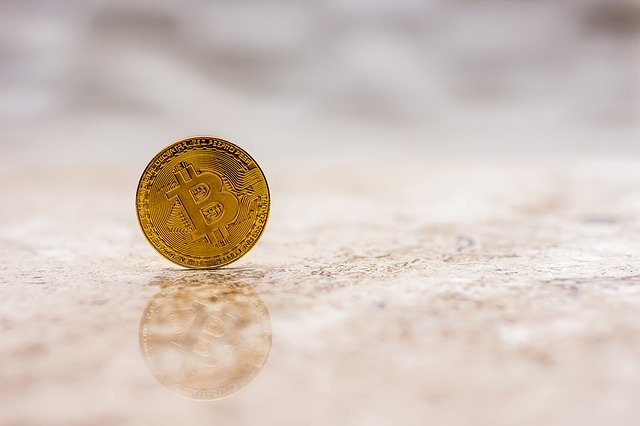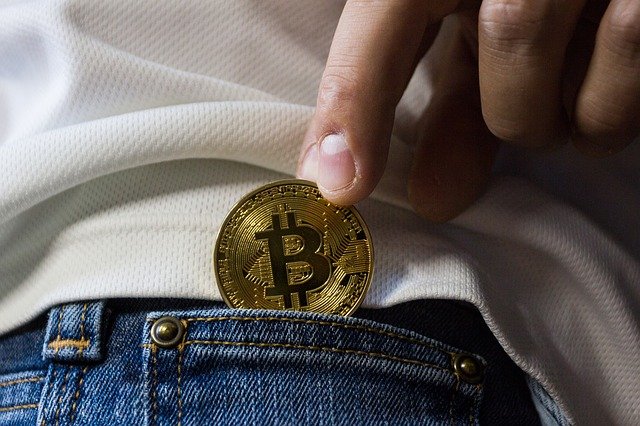While Bitcoin and gold can both generate the desired diversification effect from inclusion in traditional portfolios as a hedge, Bitcoin outperforms gold in several ways which could very well serve as predictors of superior value appreciation over the long run:
- Generational Shift in Investing Behavior: Bitcoin represents a generational shift in investing behavior, potentially a trillion-dollar phenomena that is just beginning to play out, one in which investments in gold are deemed to be lame by the younger generations. This may be because Bitcoin is more like money than gold in the way money is used today, mostly via digital payments, etc., and that so much debt is tied up with traditional assets that younger generations, determined to adopt user-friendly means of operation, want to hold a real asset that is totally unencumbered by the brewing debt-asset bubble fueled by unbridled money printing.
- Absolute Scarcity: Bitcoin was perhaps designed to perform as the best long-duration store of value asset due to its limited supply and the fact that it has no single point of control or failure. More specifically, the decentralized network protocol is absolutely capped at 21 million bitcoin, and interested parties can easily verify online any market data firsthand. When it comes to gold, no one knows how much of the precious metal is on the planet. Miners can find gold under the surface of the earth, and it also exists in seabeds. Some companies have even started working toward creating a space mining industry in a global race to mine gold and other precious metals and minerals in outer space. Therefore, the absolute scarcity of Bitcoin supports the preservation of its long-term value in absolute terms and relative to gold.
- Dynamic versus Static: Contemplate this stark contrast: Bitcoin is a dynamic network, whereas gold is a static metal element. Such a massive, indefinitely activated, open global network provides a new paradigm for internet based business models to thrive in uncharted ways, compared to the obvious limitations found in the opaque, disintegrated and fragmented gold industry, which is riddled with logistics issues and added costs of doing business, which introduces unwelcomed complexity and makes it quite difficult to purchase gold for investment purposes. As Bitcoin continues to evolve its technology and further develop the capacity and security of its already massive network, the significance and soundness of its value proposition actually increase exponentially in relation to traditional financial assets like gold, because they do not behave in this way.
- Speed, Efficiency and Access: Bitcoin overcomes the limitations of gold because it is engineered “virtual gold” with all of its benefits and none of its liabilities (e.g. its lumpy, so storage and transportation cause friction and thereby increase costs). It is electronic so it moves at the speed of light. You can build on it and engineer it into fintech platforms, to enhance its utility, ease of use and accessibility. Bitcoin is a living ecosystem that is constantly evolving, and it is simply smarter and faster electronic dematerialized gold, which is bought and sold in a worldwide and borderless market, available 24/7 (weekends included) to anyone with an internet connection.
- Transparency & Verifiability: The Bitcoin blockchain provides full transparency, real-time audit, immutability of all transactions. For this reason, Bitcoin offers pristine collateral that is readily verifiable and reliable to prove execution and provenance. In the gold market, it is both difficult and costly to achieve a similar standard of verifiability by counterparties for it to hold water as bona fide collateral.
- Seigniorage: Participants in the Bitcoin network can enjoy the benefits of asset seigniorage by participating in the mining, or digital creation, of Bitcoin and benefit from the prevailing market price of Bitcoin less the cost to actually produce it. The ease with which this digital asset takes place is typically the domain of federal governments and national treasuries, and starkly contrasts with the gold industry where gold’s creation is capital-intensive and oligopolistic. Furthermore, the proliferation of electronic money in general has, for decades preceding Bitcoin’s first genesis block, been viewed as a threat to the exclusive seigniorage authority of modern-day Central Banks, a privilege historically reserved to monarchs and alchemists.
The above views and opinions are my own and do not reflect the views of any organizations or institutions with which I may be employed, directly involved or affiliated. Before purchasing or speculating on either gold or Bitcoin, prospective investors can benefit significantly from consulting with professional financial advisors and conducting thorough due diligence and research.






